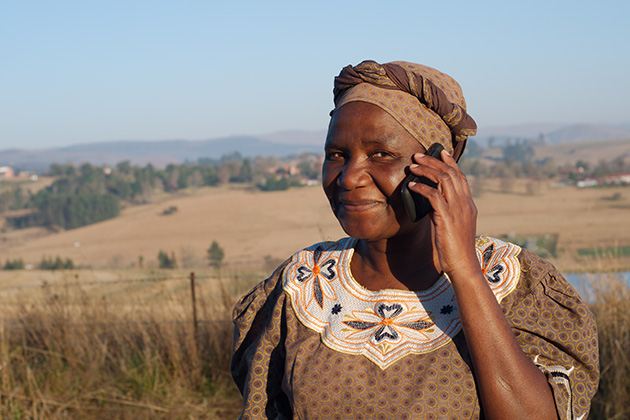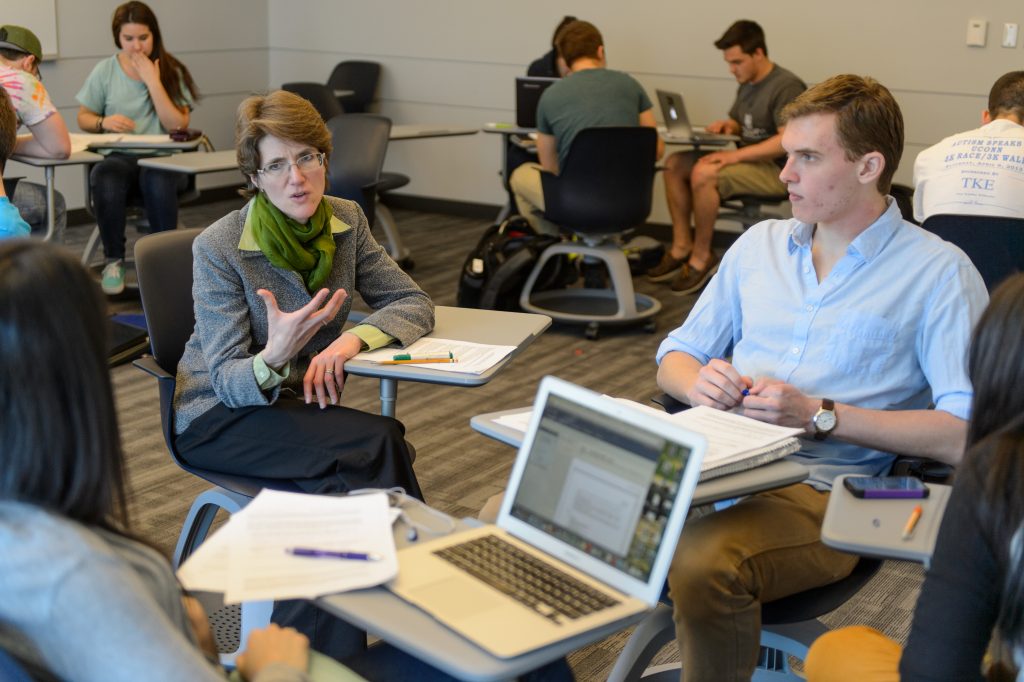
By William Weir, School of Engineering
Engineers play a major role in developing cell phones, but what responsibility do they have to consider the origin of the materials the phone is made of? Conversely, can they take credit for how the cell phone can protect African farmers from being swindled?
To address issues such as these, the School of Engineering and the Human Rights Institute have created a track of courses within UConn’s human rights minor that explores the social aspects of engineering, including energy, infrastructure, and water resources management.
“We looked to develop courses that contextualize human rights concepts and theories in an engineering practice,” says Shareen Hertel, associate professor of political science and human rights. “We on the human rights side found it really advantageous to reach out to the students who were going to do work with serious human rights implications but hadn’t thought about it that way before.”
Read More @ UConn Today — Original Article
